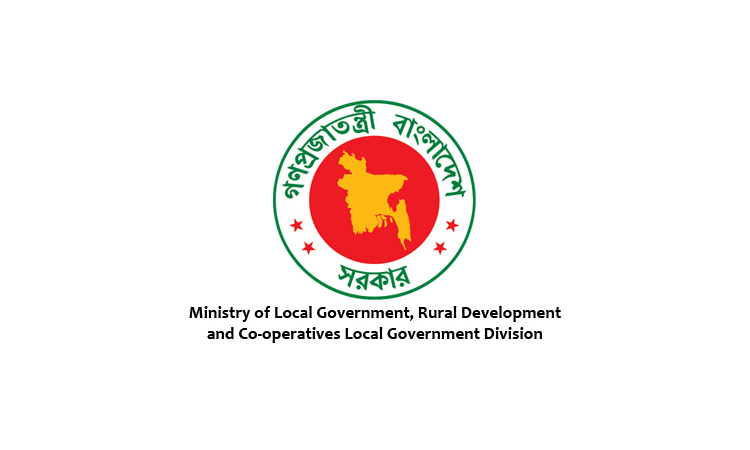News Flash
News Flash

By Md. Sajjad Hossain
DHAKA, Aug 06, 2025 (BSS) - Driven by creativity, innovation, and the energy of youth, the Local Government Division (LGD) has emerged as a driving force, spearheading a wave of unprecedented transformation that has reached from bustling cities to the heart of rural villages over the past year.
This momentum began when Asif Mahmud Shojib Bhuyain assumed the role of adviser to the Ministry of Local Government, Rural Development and Cooperatives in the aftermath of the July mass uprising.
Due to the appointment of administrators in place of absent elected representatives across five tiers of the local government —Union Parishads, Upazila Parishads, Zila Parishads, Pourasavas, and City Corporations—development activities have gained momentum and institutions have regained public trust.
According to the Local Government Division, after the July Uprising, the division undertook practical programmes nationwide, including the capital and divisional cities, to ensure safe drinking water, eliminate urban waterlogging, achieve 100 percent sanitation, and promote the use of surface water instead of groundwater.
The division has taken multifaceted initiatives to boost the national economy through urban and rural infrastructure development, and improvements in communication and transportation.
In fiscal year (FY) 2024–25, under the Annual Development Programme, substantial allocations were made to local government institutions at various levels. Tk 500 crore was allocated to 61 Zila Parishads as block grants for development assistance, while Tk 460 crore was allocated to Upazila development as block grants, and Tk 750 crore was separately allocated for Upazila Parishads.
In the Union Parishad development sector, Tk 850 crore was disbursed, of which Tk 740 crore under general allocation while Tk 110 crore under special grants and donations.
Besides, Tk 618.65 crore was allocated for Union Parishad operational budgets, while Tk 309 crore for salaries, allowances, and honoraria of village police.
Additionally, Tk 57 crore was disbursed for repairs of Union Parishad buildings across 579 Union Parishads.
For urban development, Tk 700 crore was allocated to 12 City Corporations, and Tk 349 crore was disbursed under general allocation for Pourasavas.
The Local Government Engineering Department (LGED) played a key role in constructing roads, markets, water resource management, sanitation, and drainage infrastructure.
In FY 2024–25, 300km of Upazila roads, 900km of Union roads, and 3,500km of paved village roads were constructed or reconstructed. Additionally, 21,500 meters of bridges and culverts, 35 Upazila complexes, 110 rural markets and growth centers, and 55 cyclone and flood shelters were built.
Also 20km of bridge and culvert maintenance were done, alongside 200 km of drain construction, 450 km of canal excavation and re-excavation, 40km of embankment construction, and 120 regulators and irrigation infrastructure.
In the urban sector, 725km of roads and footpaths, 200km of drains, and 500 meters of bridges and culverts were constructed.
The Department of Public Health Engineering (DPHE) ensured safe water sources and sanitation in FY 2024–25 by installing 81,988 rural water sources, 15,114 iron removal and reverse osmosis plants, and 127,175 low-cost sanitary latrines.
In urban areas, 121.46km of pipelines, 31 production wells, 50 water sources, 19 experimental wells, 23 pump houses, and 15,533 household connections were established. A total of 166,152 water samples were tested in laboratories.
Dhaka WASA is currently capable of supplying 200–275 crore liters of water daily. Through four plants including Saidabad (Phases 1 and 2) and Padma (Jashaldia), surface water usage has increased to 34 percent.
Chattogram WASA supplies 50 crore liters daily, Khulna WASA 110 MLD, and Rajshahi WASA 107.04 MLD. Nationwide, 859.53km of pipelines were installed, 121 production wells were established, and 0.82 km of old pipelines were cleaned.
The National Institute of Local Government (NILG) trained 9,368 local government representatives, officials, and employees through 302 training courses in FY 2024–25.
To ensure legal identity through birth and death registration, a total of 89,52,771 births and 783,680 deaths were registered online both domestically and abroad.